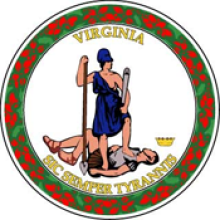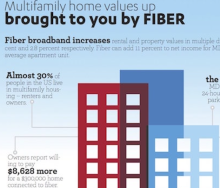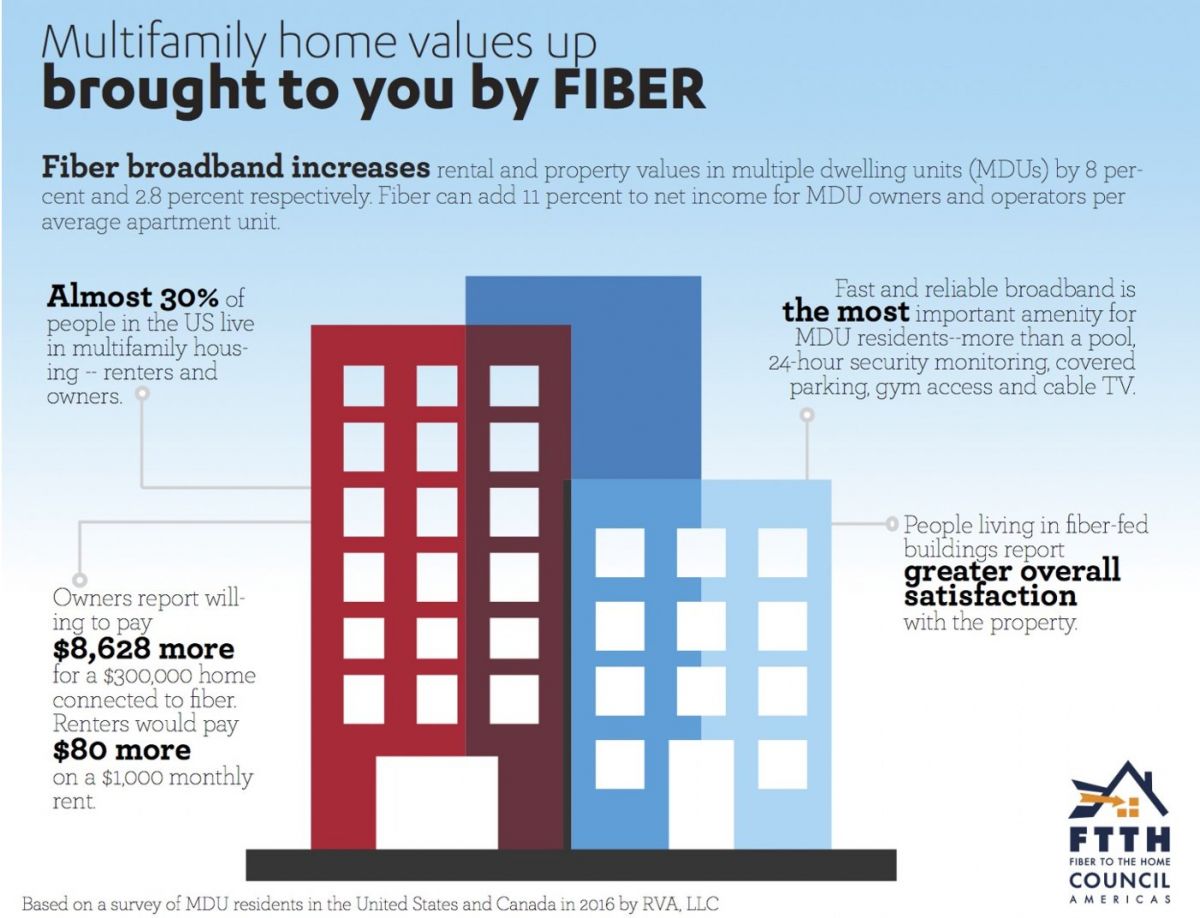Experts Oppose Byron's HB 2108 In VA
Private sector companies, trade organizations, and local authority advocacy groups went on record last week in opposition to HB 2108, a Virginia bill that would severely restrict local communities’ options to improve connectivity. They joined together in a letter to the Chairman of the Virginia House Commerce and Labor Committee, there the bill is now waiting for hearing, Republican Terry J. Kilgore.
Joining Local Communities To Oppose
A number of local governments have already passed resolutions condemning the legislative attack on their right to make local telecommunications decisions and we expect to see more. Del. Kathy Byron, a legislative darling of big cable and DSL providers in Virginia, introduce the bill earlier this month. Local and national media outlets immediately caught the story, and constituents have contacted Byron's office to express their concern.
This letter from leaders in the industry underscored their concern that potential partners feel the bill is a death knell for public-private partnerships:
It would interfere with the ability of private companies to make timely sales of equipment and services to public broadband providers. It would deny private companies timely access to advanced networks over which they could offer business and residential customers an endless array of modern products and services. It would also impair economic and educational opportunities that contribute to a skilled workforce from which businesses across the state will benefit.
The authors of the letter find the slow speeds required in the bill especially troubling for rural communities. The bill sets the standards at 10 Megabits per second (Mbps) download and 1 Mbps upload - speeds reminiscent of antiquated DSL:




